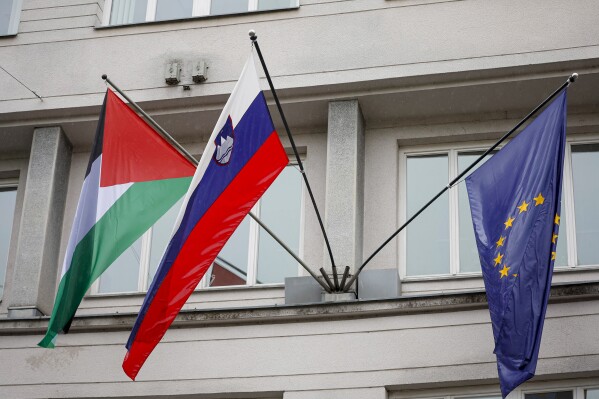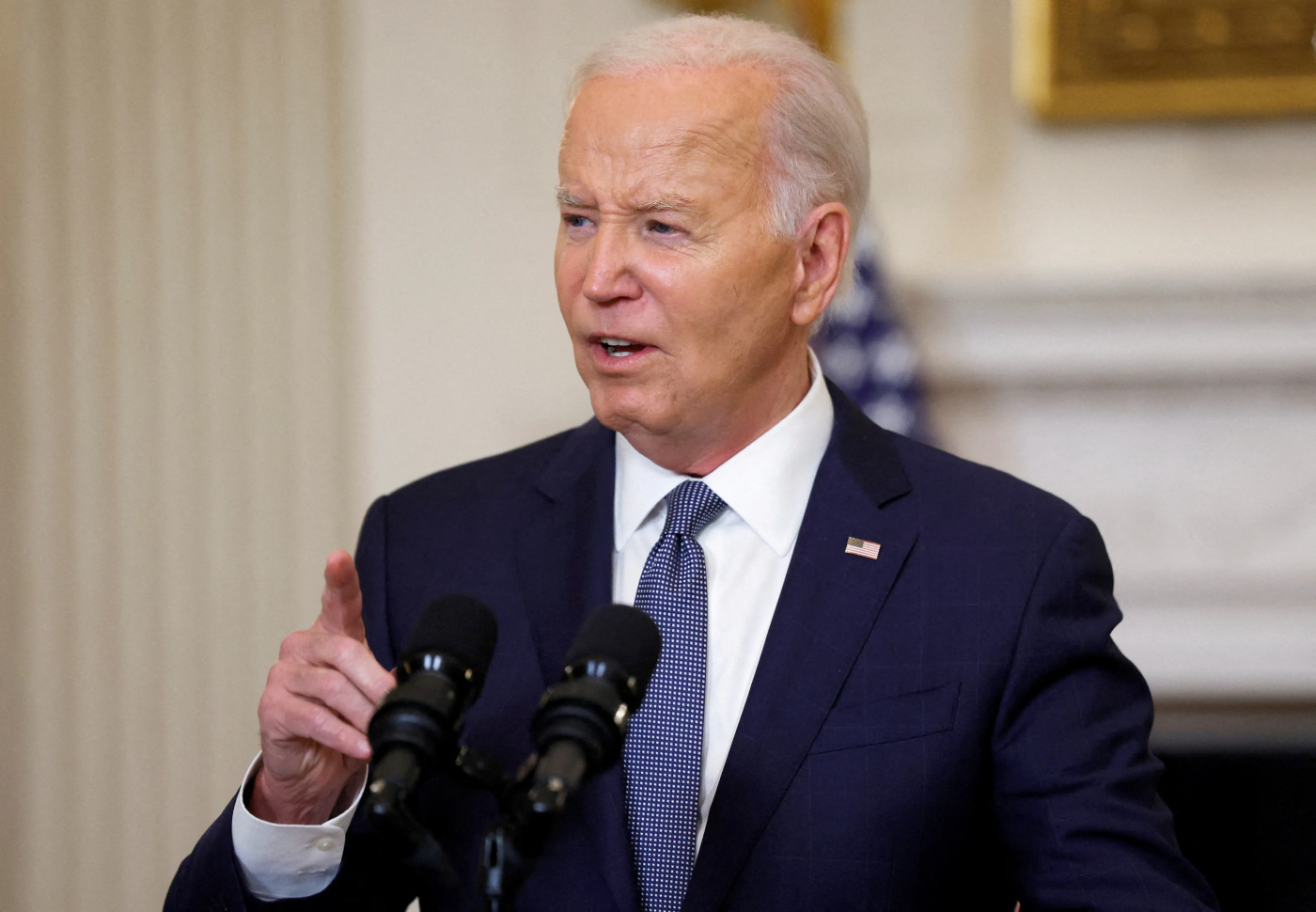How Putin's Kharkiv Gamble Backfired
Russia's new offensive into Ukraine's northeastern Kharkiv region has done what months of lobbying from President Volodymyr Zelensky could not: secured Kyiv's ability to fire advanced Western weapons at Moscow's forces within their borders.
The Russian drive into the Kharkiv border region—where fighting is ongoing some 15 miles north of Kharkiv, Ukraine's second-largest city and an important political, economic, and cultural center—has prompted Kyiv's NATO backers into a flurry of diplomatic and military activity, with the result that Ukrainian cross-border strikes are now ravaging Russian forces operating in the Belgorod region.
The Russian operation along the frontier has slowed to a familiarly plodding pace, with Ukraine's rapid deployment of reserves seemingly having headed off the danger of a significant breakthrough toward Kharkiv, a major strategic prize. Nonetheless, areas around the border town of Vovchansk are being devastated by the kind of attritional fighting now synonymous with Moscow's forces.
"The war is still raging, the front line is still almost the same," Ivan Stupak—a former officer in the Security Service of Ukraine (SBU) and now an adviser to the Ukrainian parliament's national security, defense and intelligence committee—told Newsweek.
Though Russian forces have taken more than 170 square kilometers—more than 65 square miles—in Kharkiv, the lasting impact of the northeastern drive might be to make Moscow's forces less secure.
Western concern about a Moscow breakthrough pushed the U.S. and several allies to loosen long-standing limits on Kyiv's use of their weapons inside Russian territory. What was once a relative "safe haven" in Belgorod—notwithstanding drone attacks and incursions by pro-Kyiv Russian fighters—is no longer, Stupak said.
"Drones are just toys; they can't damage lots of tanks or heavy equipment," he said of the previous scale of cross-border Ukrainian operations. "But HIMARS can."
"We have more pleasure conducting these strikes, because now our hands are untied," Stupak added, noting Ukraine's successful targeting of an S-400 air defense system in Belgorod within days of the U.S. approving strikes there.
For now, U.S. approval for strikes within Russia is limited to areas close to Kharkiv, effectively meaning Belgorod, which accounts for most of the shared northeastern border. But with Russian forces also reportedly massing in, or moving through, Kursk and Voronezh regions, Kyiv will want to expand its evolving kill zone.
Indeed, the well-publicized destruction of a Russian column in Kursk may be a sign of things to come. National Security Council spokesperson John Kirby told reporters this week that the U.S. will be holding talks with Ukraine on expanding the potential usage of American weapons.
"The ice has started melting," Stupak said. "Step by step," he predicted, Western allies will expand the radius in which Ukraine is allowed to hit Russian forces with NATO weaponry.
Newsweek has contacted the Russian Foreign Ministry by email to request comment.
Still, Moscow's mauled military has shown remarkable resilience through more than two years of war characterized by staggering Russian casualties. Putin appears committed to fresh battlefield victories in the hope of gaining leverage in any future peace talks.
The Kremlin's drive toward Kharkiv may yet prove only the first of "several waves," Zelensky warned last month. Moscow is massing troops on the border with northeastern Sumy Oblast, with Kyiv's military intelligence chief Kyrylo Budanov warning in May that it could be the next target.
"We don't know exactly what they will choose," Stupak said, noting Moscow may also choose to open new fronts north of Kharkiv with an eye on seizing the city or doubling down on its existing salient in Vovchansk.
Kyiv has been forced to deploy reserves to contain the Kharkiv offensive, and Ukrainian forces may prove thinly stretched if made to defend against multiple attacking prongs.
Moscow remains bullish, regardless of Putin's purported interest in a ceasefire—though only one that would freeze the current front line rather than see Russian troops withdrawn as Kyiv demands.
The prospect of a deeper NATO presence in Ukraine or an uptick in Western weapons used in Russian territory has elicited fresh nuclear threats from Moscow.
Kremlin spokesperson Dmitry Peskov condemned what he called "a policy of provoking a new level of tensions." NATO nations, he added, "intend to continue the war" with Russia, "a war in the literal and figurative sense."
"This will, of course, will inevitably entail its consequences. It will ultimately be very harmful to the interests of those countries which have opted for the path of escalation," Peskov added.
"The North Atlantic Alliance's member-countries, the United States in particular, other European capitals in recent days and weeks were coming close to a new round of escalating tensions. They are doing this on purpose."
Former President and Prime Minister Dmitry Medvedev—no longer considered among the core power players but still a barometer for Russia's pro-war hawks—was less tactful, warning NATO nations against "a fatal mistake" with a thinly veiled threat of both tactical and strategic nuclear weapon use.
"This, alas, is not intimidation or a nuclear bluff," Medvedev wrote on his Telegram channel. "The current military conflict with the West is developing according to the worst possible scenario. There is a constant escalation in the power of applicable NATO weapons. Therefore, today no one can rule out the transition of the conflict to its final stage."
Disclaimer: The copyright of this article belongs to the original author. Reposting this article is solely for the purpose of information dissemination and does not constitute any investment advice. If there is any infringement, please contact us immediately. We will make corrections or deletions as necessary. Thank you.


